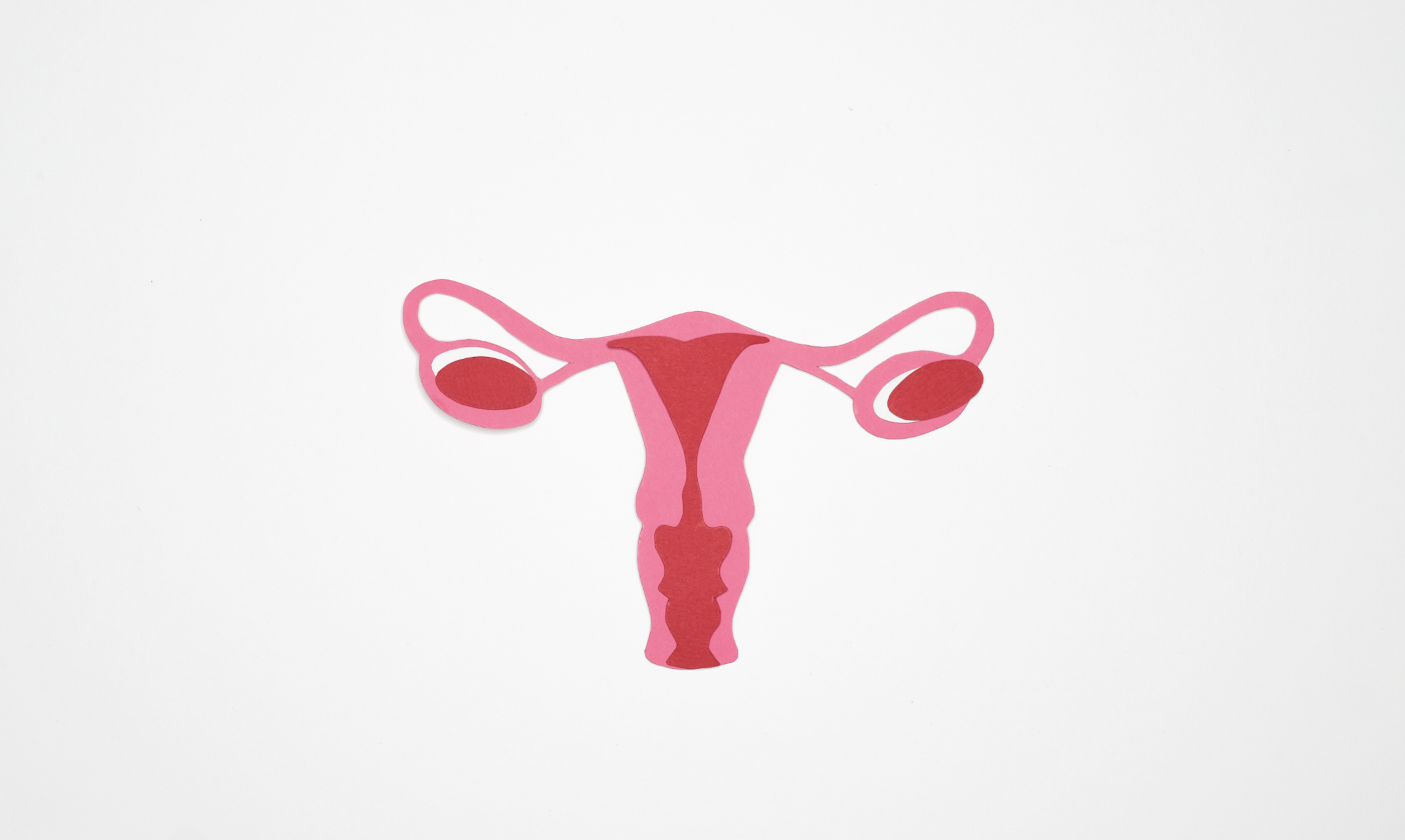
Polycystic Ovarian Syndrome, commonly known as PCOS, is a hormonal disorder that affects females of reproductive age. It is characterized by the presence of multiple cysts in the ovaries and increased levels of insulin that cause the ovaries to produce high levels of androgens, also known as male-type hormones. Because of this, those with PCOS often have difficulty ovulating, and it can also manifest in various other ways, like acne, weight fluctuations, and more.
Now, while PCOS doesn’t have a cure, there are a variety of treatments to manage its symptoms and reduce the risk of serious complications. While lifestyle modifications and surgery to remove the cysts are options, the most common method of treatment is medications. However, due to the amount of medications that many females diagnosed with PCOS have to take to keep their symptoms under control, it is natural to wonder whether any of them affect fertility. This is especially true considering that PCOS in itself makes it difficult to conceive. In light of this, below is a list of some PCOS symptoms, the common medications used to treat them, and any effects that they may have on fertility.
Medication for weight gain
PCOS can make the body resistant to insulin, causing the pancreas to create more of the peptide hormone. This leads to weight gain due to the promotion of fat storage and an increase in hunger. For this reason, PCOS patients tend to gain weight or have a harder time losing weight and are more prone to developing prediabetes. One of the most common and accessible PCOS medication for weight loss is Metformin, which reduces fatty tissues and helps with weight loss. While the drug sometimes comes with side effects like nausea, sleepiness, and decreased appetite, it is actually proven to improve fertility in women with PCOS. This is because the drug induces ovulation by counteracting insulin resistance, which is one of the reasons why it is difficult for women with PCOS to conceive.
Medication for excessive hair growth
Hirsutism is another common symptom of PCOS, wherein women develop excessive hair on the face, neck, and back due to the amount of extra testosterone produced in the body. Medication for this condition includes Flutamide, a non-steroidal anti-androgen that is commonly used to treat prostate cancer but has also proven to be effective in helping women with hirsutism. However, it has been found to have negative effects on female fertility, as it affects hormones such as estrogen and progesterone, both of which are important for female fertility. The drug can also cause ovarian dysfunction and, in some cases, decrease the number and quality of eggs produced by the ovaries. In addition, it can cause changes in the cervical mucus, making it more difficult for sperm to reach eggs.
Medication for acne breakouts
There are many over-the-counter (OTC) medications available to treat acne. Aside from topical products like creams or patches, a better OTC option is oral contraceptives that can work on clearing skin from the inside. A prominent one would be Spironolactone, an aldosterone receptor antagonist typically used to treat conditions such as hypertension. Off-label, it is also a diuretic that controls hormonal acne by blocking the effects of androgens and progesterone triggered by PCOS. While the drug helps with treating several PCOS symptoms, it can interfere with ovulation and cause temporary irregularities in menstruation. How this affects fertility depends from person to person, but some physicians may suggest pausing this medication when actively trying to get pregnant.
Of course, these are only a few of the most common PCOS-related medications. For more information on the effects of other medications you may take for your PCOS, please consult a healthcare expert and check the rest of our blog.
DISCLAIMER: This article does not provide medical advice. This information, including but not limited to, text, graphics, images & other material on this article are for informational purposes only. No material on this article is intended to be a substitute for professional medical advice, diagnosis or treatment. Always seek the advice of your physician or other qualified healthcare provider with any questions you may have regarding a medical condition or treatment and before undertaking a new healthcare regimen, and never disregard professional medical advice or delay in seeking it because of something you have read on this article.
